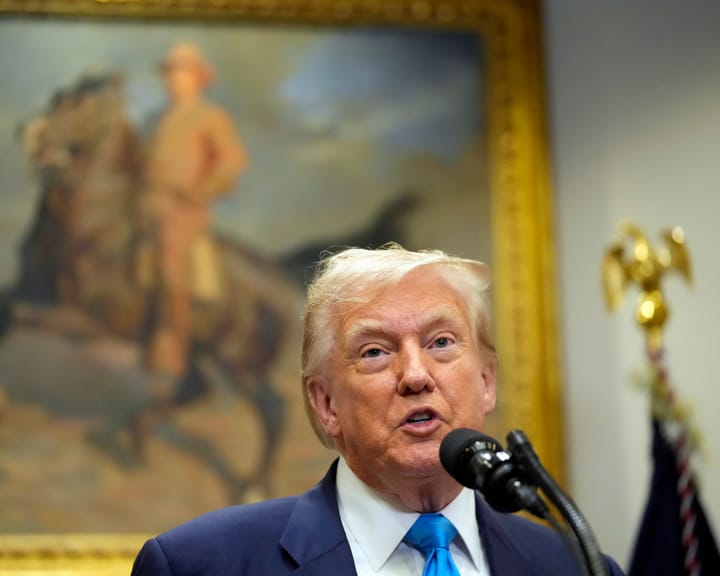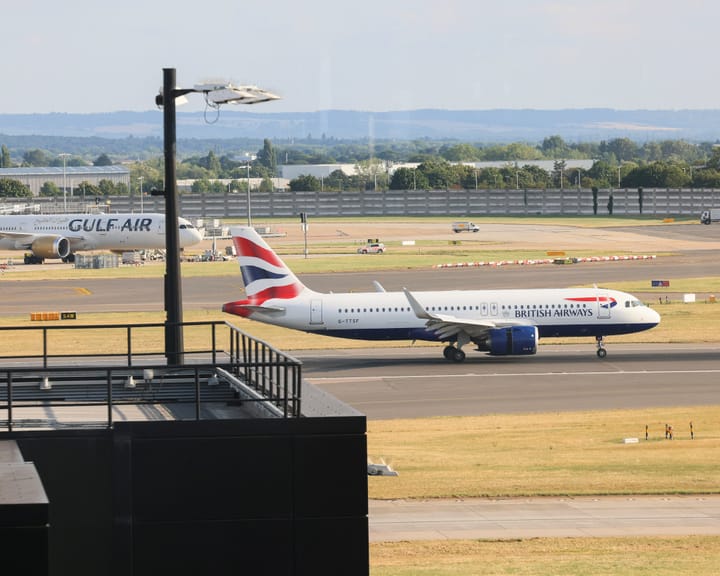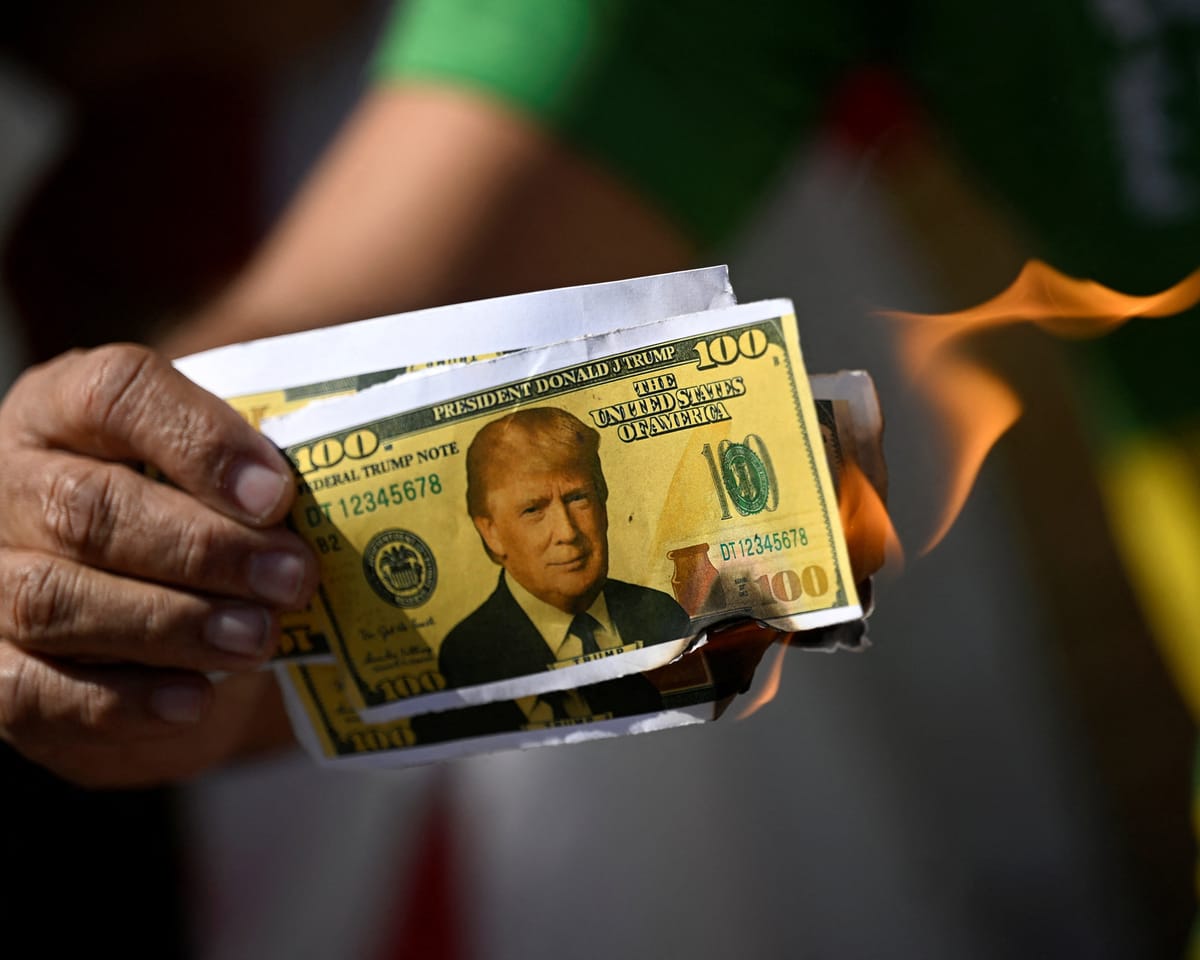Leaders from more than 60 nations are rushing to secure trade agreements with the U.S. following new tariff measures introduced by Donald Trump, which have caused widespread concern.
The sudden changes have sparked market instability and fears over employment in some of the world’s most vulnerable economies, with tariffs ranging from 50% to 10%.
A slight delay was granted, allowing for further discussions after the White House announced the updated tariffs would take effect on 7 August instead of the initial deadline set by Trump.
The new rates, viewed by Trump as beneficial to U.S. exporters, have created uncertainty for numerous countries, including long-standing allies, while also stoking inflation worries domestically.
India will face a 25% tariff on exports to the U.S., Taiwan 20%, and South Africa 30%. Switzerland was assigned a 39% rate. Negotiations with Mexico were extended by an additional 90 days.
Stock markets in Europe and the U.S. declined following earlier drops in Asia, reflecting investor unease over the global economic impact. Europe’s Stoxx 600 fell nearly 2%, while the UK’s FTSE 100 dropped 0.8%. Wall Street also opened lower, with the Dow Jones, S&P 500, and Nasdaq each down more than 1% by midday. Weak U.S. job figures worsened the sell-off.
Switzerland and Taiwan, a key player in semiconductors, are urgently seeking negotiations after being hit with 39% and 20% tariffs, respectively.
Canada’s leader expressed disappointment at Trump’s decision to raise tariffs on Canadian goods from 25% to 35%, citing insufficient efforts to curb fentanyl trafficking and strengthen border security.
South Africa’s leader vowed to push for reduced tariffs, currently at 30%, through intensive discussions.
Some of the least developed nations faced severe tariffs, including Syria at 41%, Laos and Myanmar at 40%, Libya at 30%, Iraq at 35%, and Sri Lanka at 20%. Prospective EU members were also affected—Moldova at 25%, Serbia at 35%, and Bosnia and Herzegovina at 30%.
Lesotho, previously threatened with a 50% tariff that endangered its textile sector, secured a reduced rate of 15%. The country’s economy, heavily reliant on U.S. exports, had declared a state of emergency over the initial tariff threat.
The Swiss franc fell to a six-week low after the 39% tariff announcement, while the Canadian dollar continued its decline amid tensions over trade policies.
Read next

"Poll: Americans Pin Rising Living Costs on Trump"
Americans are facing financial difficulties, dealing with debt and higher living expenses, and many hold the Trump administration and corporate interests responsible for worsening economic conditions for working families, a recent survey shows.
Six in 10 respondents blame the Trump administration for increasing their cost of living, according to a

"UK Supreme Court to rule on car finance secret commission case"
UK Supreme Court to Rule on £44bn Car Finance Dispute
The UK’s highest court is set to issue its decision on the £44bn car finance dispute, which could determine whether millions of drivers are eligible for compensation due to unfair lending practices.
The Supreme Court’s ruling, expected after

"UK air traffic control chief called by minister over recent system failure"
Transport Secretary Seeks Answers from Nats Chief After Air Traffic Disruption
The transport secretary has called upon the head of the UK’s air traffic control service, Nats, to explain the technical failure that caused widespread flight cancellations and delays on Wednesday.
Heidi Alexander stated she would meet with Martin

